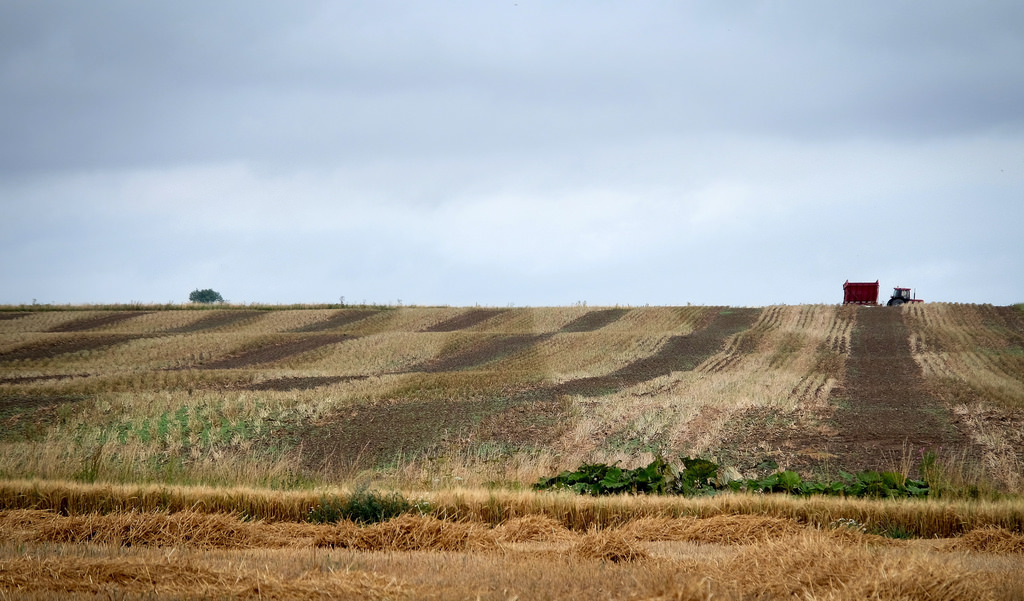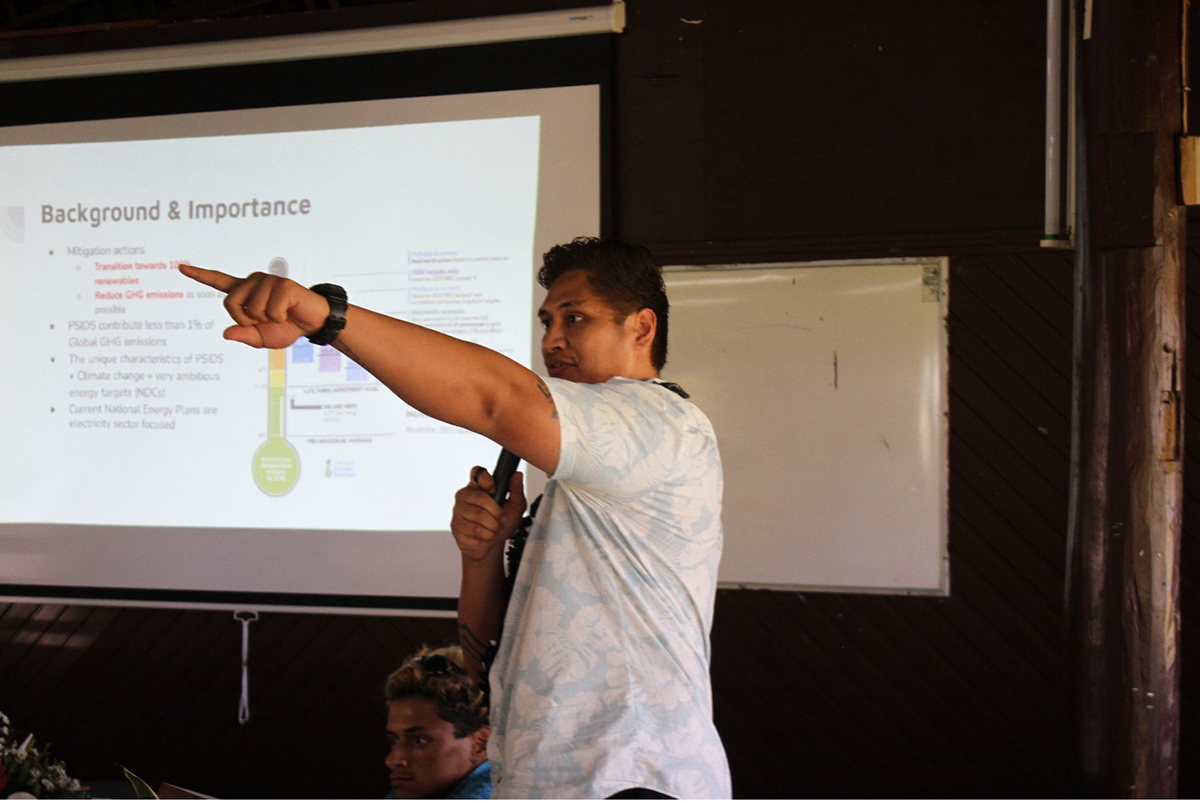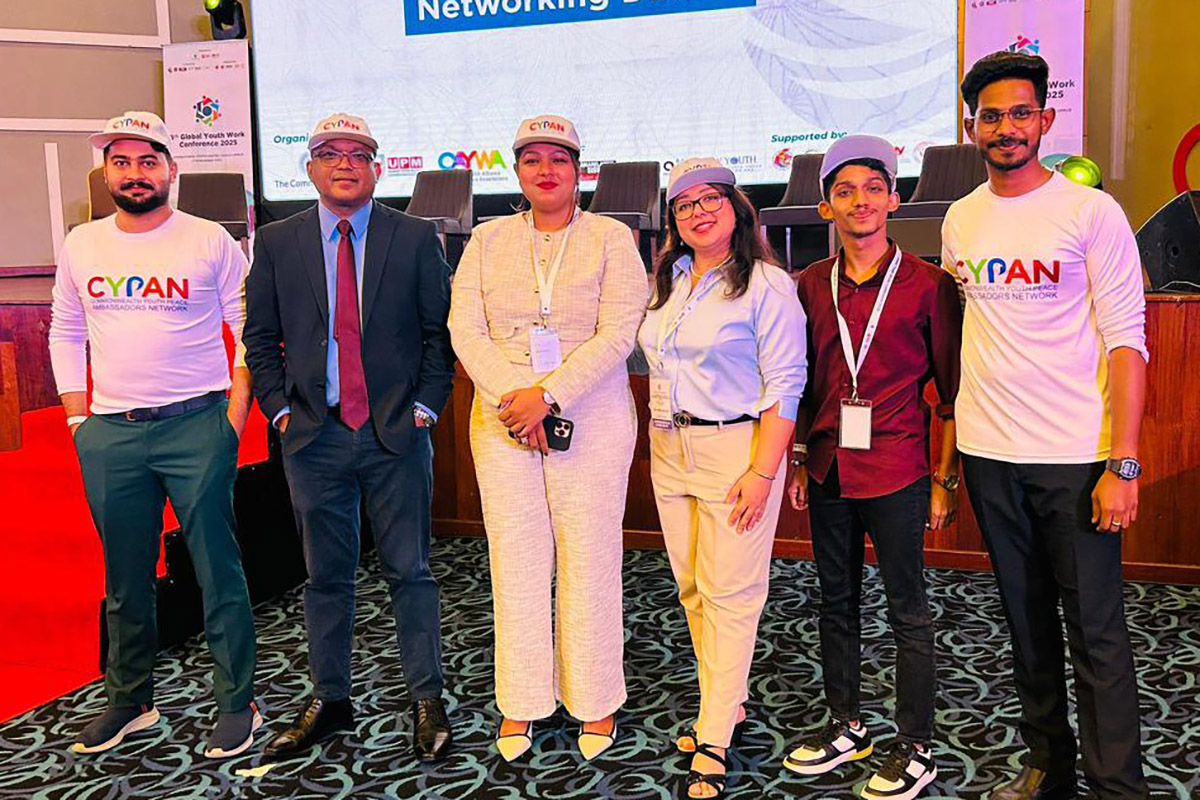“Peace and food security are linked in Africa”
September 24 Building and maintaining peace must include efforts to provide food security, writes Azinwi Ngum, 25, a Correspondent from Cameroon, who says there is need to solve the food insecurity problems that can be the cause – or the result – of conflict.
Building and maintaining peace must include efforts to provide food security, writes Azinwi Ngum, 25, a Correspondent from Cameroon, who says there is need to solve the food insecurity problems that can be the cause – or the result – of conflict.
With increasing conflicts within the African continent, development agencies and governments have begun to explore the linkages between peace and food security. Food security is to peace as peace is to food security.
Efforts to attain the sustainable development goals with focus on ensuring food security and improving nutrition are greatly undermined by conflict, which has devastating effects on food production. Conflict forces farmers to abandon lands and tools, and inputs become scare; there is unfair trade and access to food as the poverty situation of people worsens; children are afraid to go to school and thousands, especially women and children who are the main producers of food, suffer the adverse effects of nutritional problems like malnutrition.
In the DR Congo where fighting is “good morning”, close to 6.61 million people are faced with food insecurity due to continuous fighting in the country. Countries and regions such as Cameroon live within fragile settings even though they are not in complete conflict. Fighting from neighbouring countries such as Nigeria and Central African Republic is threatening their food security as more refugees come. Coupled with the fragile climate, the influx of people strains food availability. In the Far North of Cameroon, hundreds of thousands of people are facing acute food insecurity.
In a scenario of sudden price hikes limiting access to food and low purchasing power, conflict could be triggered.
Between 2007 and 2008, food riots were wide spread in African countries including South Africa, Zimbabwe, Mozambique and Cameroon. These riots recorded deaths, and in some countries like Somalia and Ethiopia, food riots degenerated into prolonged civil unrest. Food insecurity could also act as incentives for people, especially young people, to join or support rebellions as in Liberia and Sierra Leone.
Does ending hunger mean ending conflicts?
The “zero hunger” challenge of the UN Secretary General recognises that eliminating hunger could and will make great contributions to peace and stability. The Food and Agricultural Organisation (FAO) and other development partners have also recognised that building peace in conflict areas requires increased and sustainable support in implementing projects that revitalise the agricultural sector, increase production and provide income for ex-combatants, women and young people. In the DR Congo for instance, 500,000 former fighters http://bit.ly/2dnKdHH agreed to disarm and become fishermen under an FAO-supported government programme3. To date, these men and women are thriving in their various communities, reflecting the positive impact that improved livelihood could have on consolidating peace.
Other countries like Burundi, Central African Republic, South Sudan, Cote d’Ivore, Uganda and Guinea-Bissau have also benefited from similar FAO projects. National governments could also:
– engage with civil society organisations to assist in rebuilding and promoting food security, as in the case of Uganda and Liberia
– support households (internally displaced inclusive) and ex-combatants facing the aftermath of conflict with capacity building training, and assist them with agricultural inputs to enable them to reintegrate into their communities and regain their livelihoods
According to the Director General FAO, Jose Graziano de Silva, “peace and food security are inextricably linked. We cannot achieve one without the other. Therefore integrating food security in peace building efforts, we can work together to ensure that hunger is neither a cause nor result of conflict”.
Governments must therefore strive to enhance food security as a strategy for peace.
Sources:http://bit.ly/2cXwkSs
https://www.wilsoncenter.org/sites/default/files/HarvestingPeace.pdf
http://www.stabilityjournal.org/articles/10.5334/sta.bm/
https://ucanr.edu/blogs/food2025/blogfiles/14415.pdf
3 http://www.fao.org/3/a-i5649e.pdf
photo credit: Lolland landscape with tractor via photopin (license)
…………………………………………………………………………………………………
About me: I am a master’s student in environmental economics, rural development and food processing in the University of Yaounde, and an advocate for women’s and girls’ education in my local community.
I believe in the development of my country with the involvement of women in decision making processes. I aspire to be a rural development consultant and to champion women economic empowerment via agriculture. In my free time I love travelling and cooking, tweeting and blogging about women’s issues.
………………………………………………………………………………………………
Opinions expressed in this article are those of the author and do not necessarily represent the views of the Commonwealth Youth Programme. Articles are published in a spirit of dialogue, respect and understanding. If you disagree, why not submit a response?
To learn more about becoming a Commonwealth Correspondent please visit: http://www.yourcommonwealth.org/submit-articles/
…………………………………………………………………………………………………




